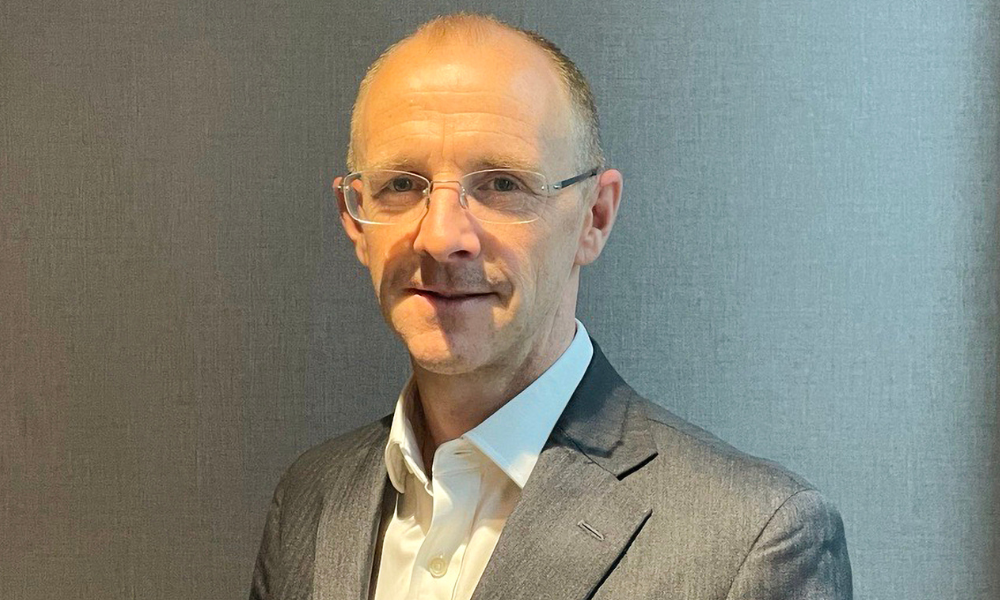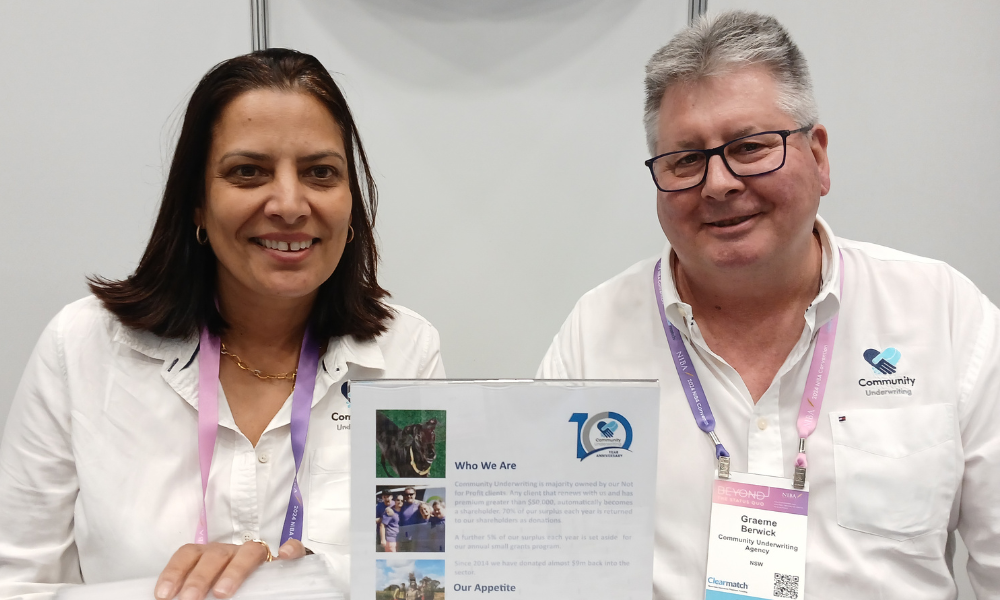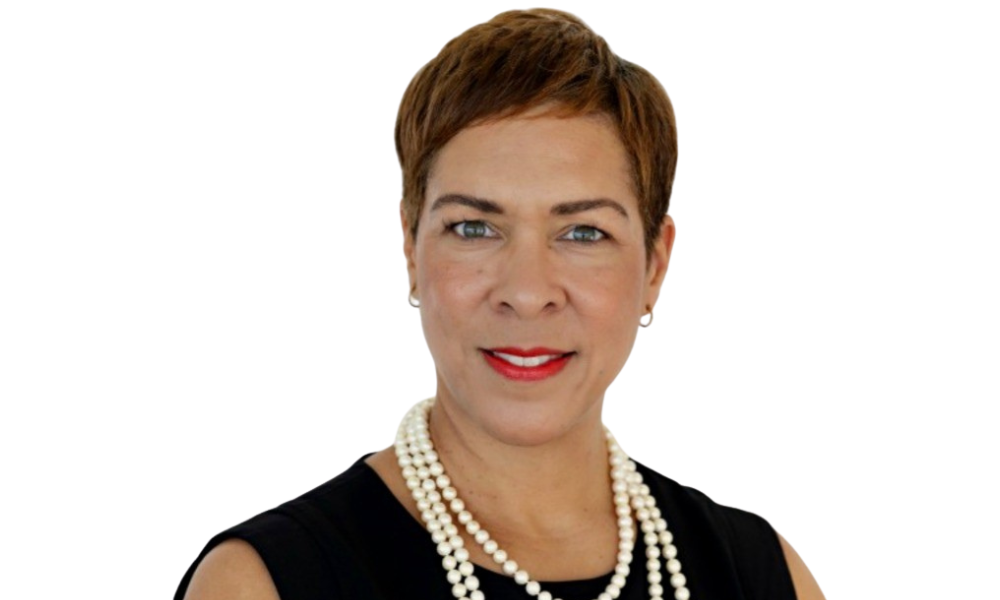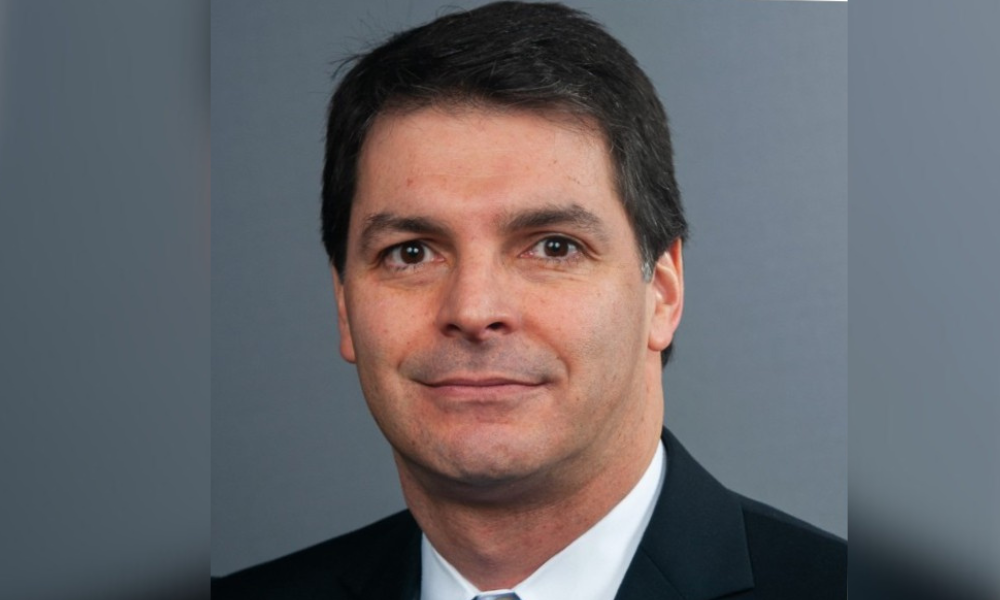![]()
There’s nothing quite like a conference to bring together colleagues, peers and competitors aligned under a common goal – and to take the temperature of a sector. The recent International Life and Annuity Conference was an opportunity to do just that, with BILTIR CEO Suzanne Williams-Charles (pictured) highlighting that: “People are feeling optimistic about the market”.
As the only industry event focused on the long-term insurance industry in Bermuda, the conference is unique within both the local and global landscape. This year was its 12th iteration to date and, with 493 registrants, its largest subscription to date. The event has steadily grown over the years, Williams-Charles said, and it is becoming a staple calendar event for industry executives in the life re/insurance space due to the importance of the Bermuda market.
What was on the agenda at the 2024 International Life and Annuity Conference?
Identifying some of the key themes of the event, she noted that top of the agenda was discussing the growth and evolution of the long-term re/insurance industry. “Of course,” she said, “having strong regulations is crucial to our industry, and we discussed Bermuda as a world-class example of finding the balance between strict regulation and room for growth.
“In our panel focused on insights from Japan, the panelists opined on how Bermuda’s regulatory framework benefits a wide variety of stakeholders, which attracts Japanese life insurers to the area. The panel spoke of a Japanese term called “SAMPO – YOSHI,” explaining how Japanese life insurers seeking life reinsurance opportunities in Japan are “good for the seller, good for the buyer, and good for society” and how the environment in Bermuda aligns with this principle.”
Many panelists also provided their thoughts on raising capital that lends itself to asset and liability optimization, she said, outlining that it’s more beneficial than the current misconceptions within the larger industry. One panelist spoke against views that private equity-backed firms will encourage greater risk taking on the investment side and countered that explaining how private markets can often take a longer-term view and are better suited to weather short-term volatility than public markets overall. “They are well placed to be in it for the long haul.”
Source




















